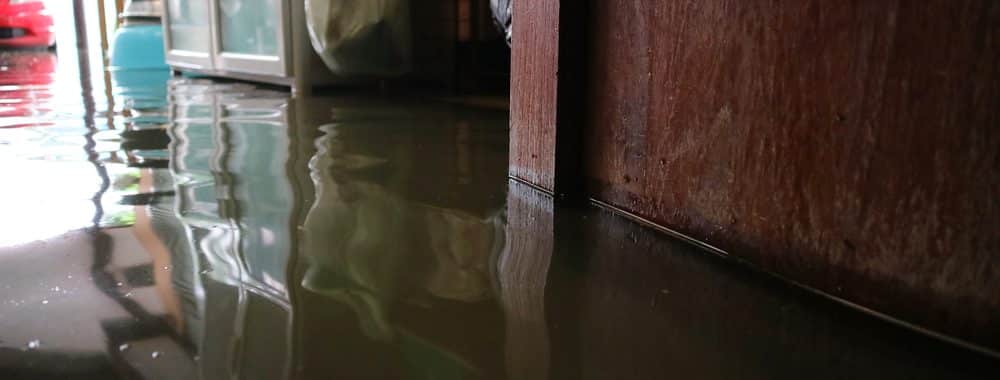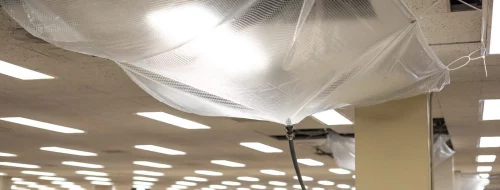Did you know that one in 50 homeowners will file a water damage claim each year? Water damage is the second-largest insurance claim following wind and hail damage. Homeowners often have several questions regarding water damage. What’s covered, what isn’t and why things like “gradual damage” are not covered under certain policies. Here’s a guide to help you understand what types of water damage is covered by home insurance – and what is not.
Types of Water Damage
Water damage may or may not be covered by your insurance policy. Here are a few different types of water damage:
- Sudden or accidental damage
- Sewer backup or water backup
- Overflow
- Flood
- Storm-related water damage
Which Are Covered by Insurance?
Many homeowners have common questions about water damage claims.
- Is a water leak covered?
- Do I have coverage for a leaking toilet?
- Will water damage from a leaking roof covered?
The answer to these questions actually depends on the source of the damage, the type of homeowner’s insurance you have, and if the damage is accidental or gradual.
Gradual Water Damage
Let’s talk about gradual water damage. It’s important to know that gradual water damage is not usually covered by insurance policies. Gradual water damage is typically a problem that happens over time and is pretty common when dealing with insurance claims.
Homes have areas that are hidden behind walls, basement crawl spaces, pipes, ventilation systems, etc. that keep the home running. If you do not maintain these areas, anything can go wrong in the home under the surface – and you may never know about it… until physical damage becomes evident.
Some examples include:
- Leaking pipes over time can cause damage to ceilings, floors, or walls.
- Mold, rot, or corrosion.
- Flashing, shingles, or deterioration on the roof.
- Seeping coming from cracks in the foundation that leaks into the home.
- Poor repairs or lack of repairs.
Making a claim for a gradual reason can sometimes lead to the claim being denied. This can be confusing, but it’s important to remember that insurance is meant to cover sudden and accidental damage – not damage that has occurred over time.
Mold Related Claims
If you discover mold in your home caused by water damage, your insurance policy may cover mold remediation. There are requirements that your policy must hit. Speaking to your insurance agent is imperative to verify that you are covered.
Broken Pipes
Broken or leaky pipes can cause water damage in gradual and sudden ways. In a gradual example, the damage to the pipe or appliance itself may not be covered, however, the damage due to sudden pipe breakage or leakage might be.
“Resulting Damage” – What Does it Mean?
Resulting water damage is different than initial water damage. If water damage occurs from a broken pipe and is listed in your policy as covered, then you will be reimbursed for a portion of the damage caused by the damage, even though the pipe replacement will NOT be covered. This is an example of the cause of damage not being covered, but the resulting damage is covered.
How to Avoid a Denied Claim
A denied insurance claim can cause a number of problems. The following these steps to ensure you are not caught with an issue after filing an insurance claim.
- Keep records of repairs and companies that you hire to perform maintenance on your home. If a problem occurs, you will have the information on hand to reach out and question if the materials are under warranty.
- Perform regular inspections and maintenance on your property. Small repairs can help keep large expenses at bay.
- When purchasing an insurance policy, make sure that you understand all coverage as well as the exclusions.
- Speak with an insurance agent and purchase the best policy for your needs and ask about additional coverage if necessary.
If you experience water damage, mold problems, or roofing issues, McMahon Services is ready to help. We will work with your insurance company and help file your claim, taking the work off of you during this stressful time.








0 Comments